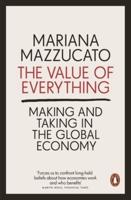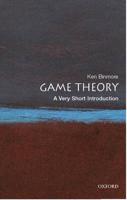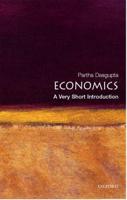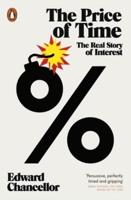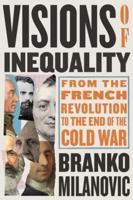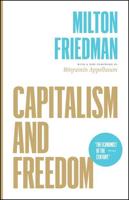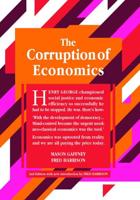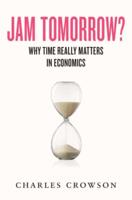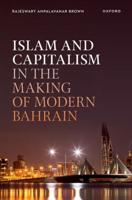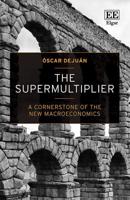Publisher's Synopsis
The goal of "Inclusive Economics" is to tie together various authoritative strands of contemporary economic theory into an easily comprehensible whole that illuminates the need for a broader approach to contemporary economic policymaking undistorted by obsolete 18th century rationalist assumptions about utility, ethics, worthiness and traditional culture. This is accomplished by elaborating the rationalist competitive ideal along the optimizing lines pioneered by Paul Samuelson (neoclassical economics); plumbing modifications necessitated by Herbert Simon's realist concepts of "bounded rationality" and "satisficing"; refined further by applying a pragmatist outlook to probe the consequences of relaxing Enlightenment teleological, ethical, spiritual and cultural taboos. The exercise will explain why competitive market economies guided by rational utility-seeking invariably are less productive, efficient, just and beneficent than most theorists concede, and will illuminate the full range of interventions needed to achieve better outcomes. We call this program in its entirety "Inclusive Economics", including the integration of micro and macroeconomics.

